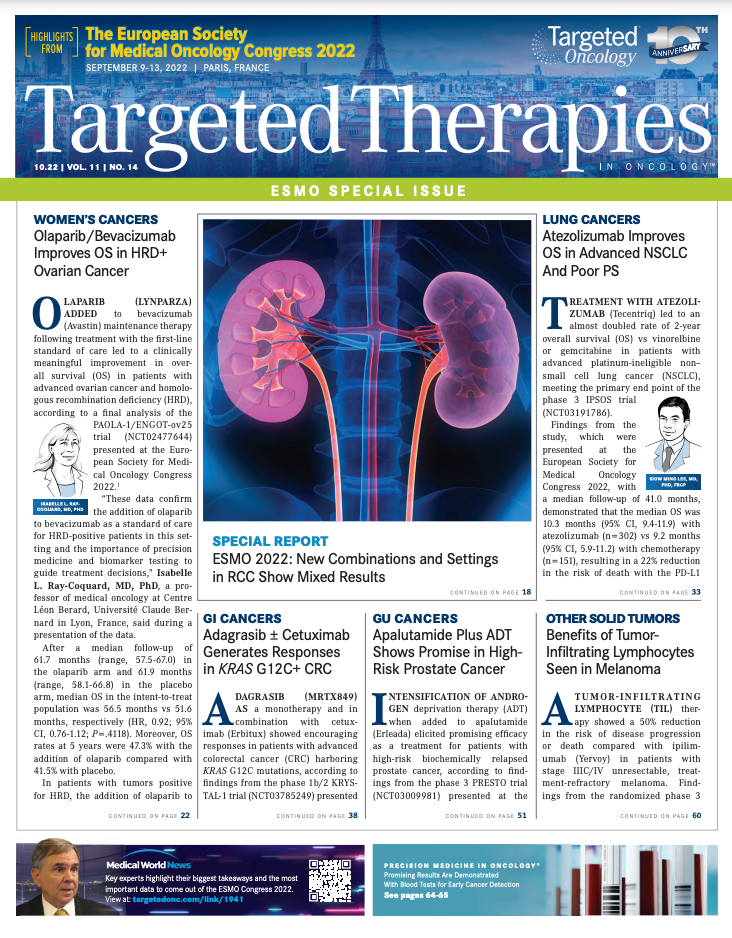Excitement Shown With New NCI Director But Uncertainty Looms at Launch of the ARPA-H Institute
The oncology community has enjoyed success to a large degree through the existing NIH and NCI mechanisms. Will they ask how can they work with us in a concerted fashion to benefit new discoveries, novel translation in well-designed clinical trials, and eventual development of exciting, more effective cancer therapies for patients?

Recently, many academic US oncologists returned from the European Society for Medical Oncology (ESMO) Congress 2022 and turned their attention to developments at the national level in the American oncology structure, funding, and governance. With the resignation of Ned Sharpless, MD, as National Cancer Institute (NCI) director several months ago, 2 ongoing, major developments raise enthusiasm as well as uncertainty.
First, although I very much appreciated having a fellow cancer center director as leader of the NCI in Dr Sharpless, the appointment and imminent confi rmation of the fi rst female and surgeon NCI director, Monica Bertagnolli, MD, has created palpable buzz and anticipation in the oncology community. We await her new leadership efforts and priorities and will assist her in any way we can.
However, the uncertainty at this stage also comes from President Joseph R. Biden’s proposal and initiation of a completely new structure for developing and translating new therapies, many of which will be in oncology. The Advanced Research Projects Agency for Health (ARPA-H) will not report to the National Institutes of Health director but is envisioned to receive funding similar in level to the NCI, approximately $6 billion for 3 years, with a reported $1 billion currently allocated in the most recent continuing resolution in Congress.
Although ARPA-H has the potential to be exciting and transformative, the possibility of creating an entirely parallel bureaucracy raises a concern that this could detract or divert resources from the tremendous progress that the fi eld of oncology has experienced from the NCI and its intramural and extramural funding.
The stated goal is to create an accelerator of empowered and funded program experts to drive progress with more of a contract-like mechanism using milestones, rather than the peer-review process, which can be cumbersome.
We hope clinical trial advances will accelerate but will funds go towards the right agents or classes of therapies by the right individuals at the right time, as we are told is the goal of ARPA-H? The oncology community has enjoyed success to a large degree through the existing NIH and NCI mechanisms. Will they ask how can they work with us in a concerted fashion to benefi t new discoveries, novel translation in well-designed clinical trials, and eventual development of exciting, more effective cancer therapies for patients? Many questions still remain.
